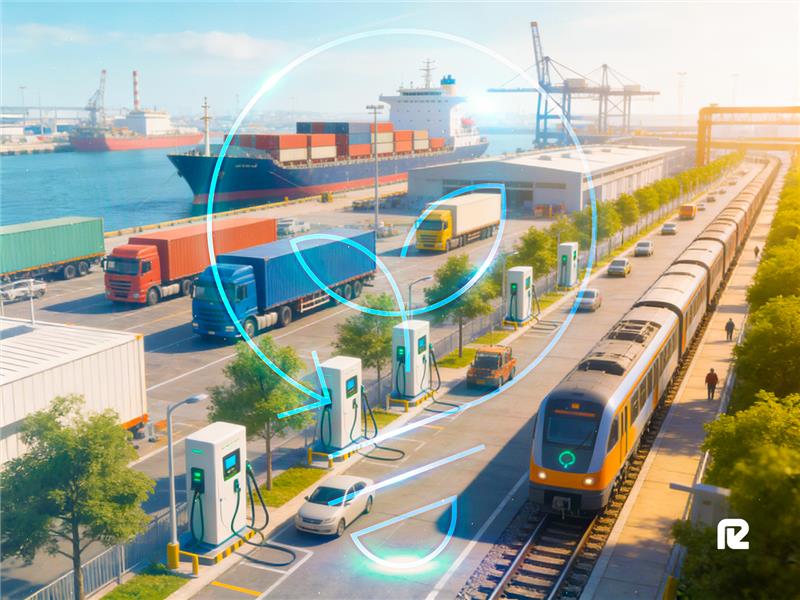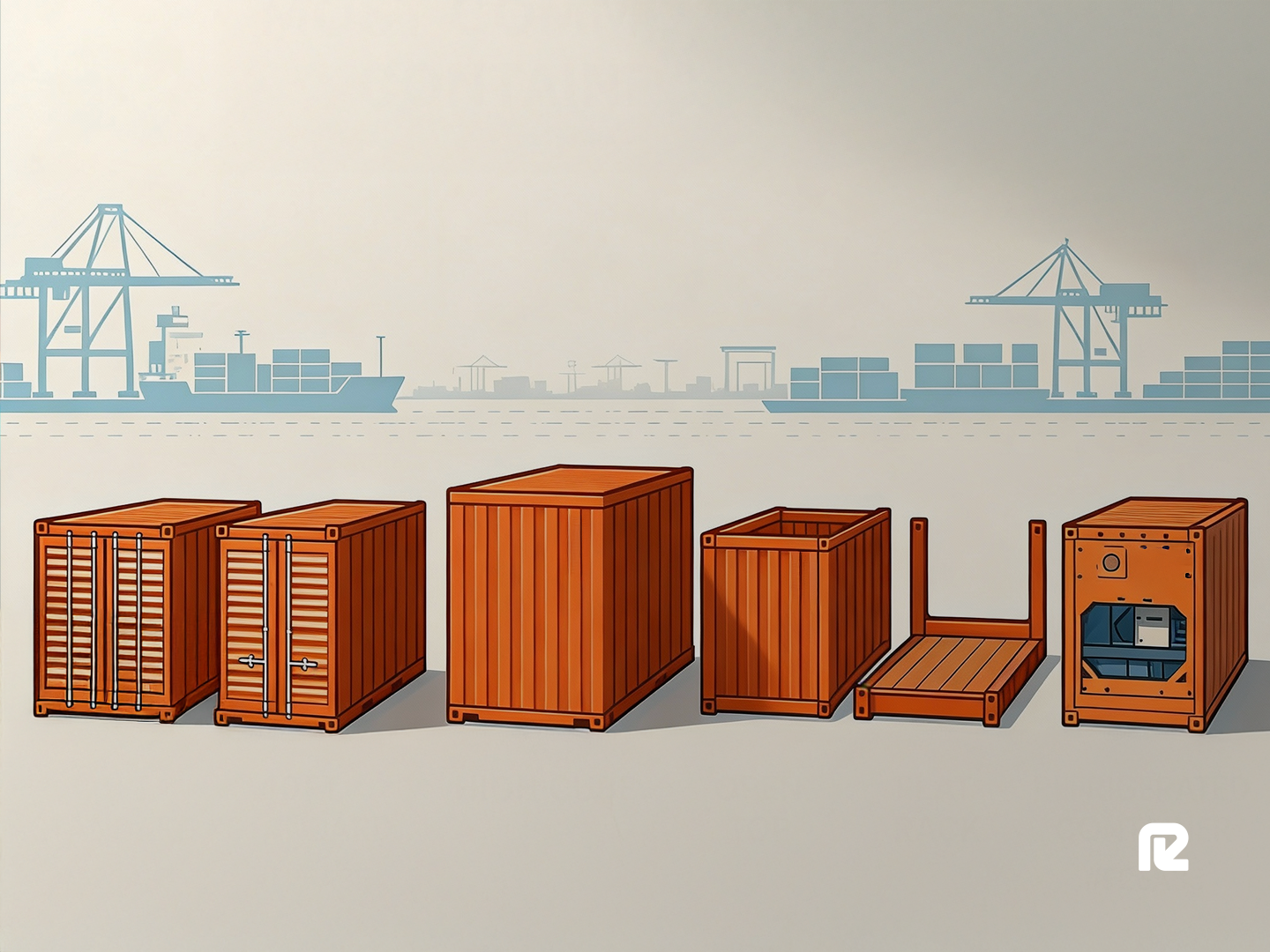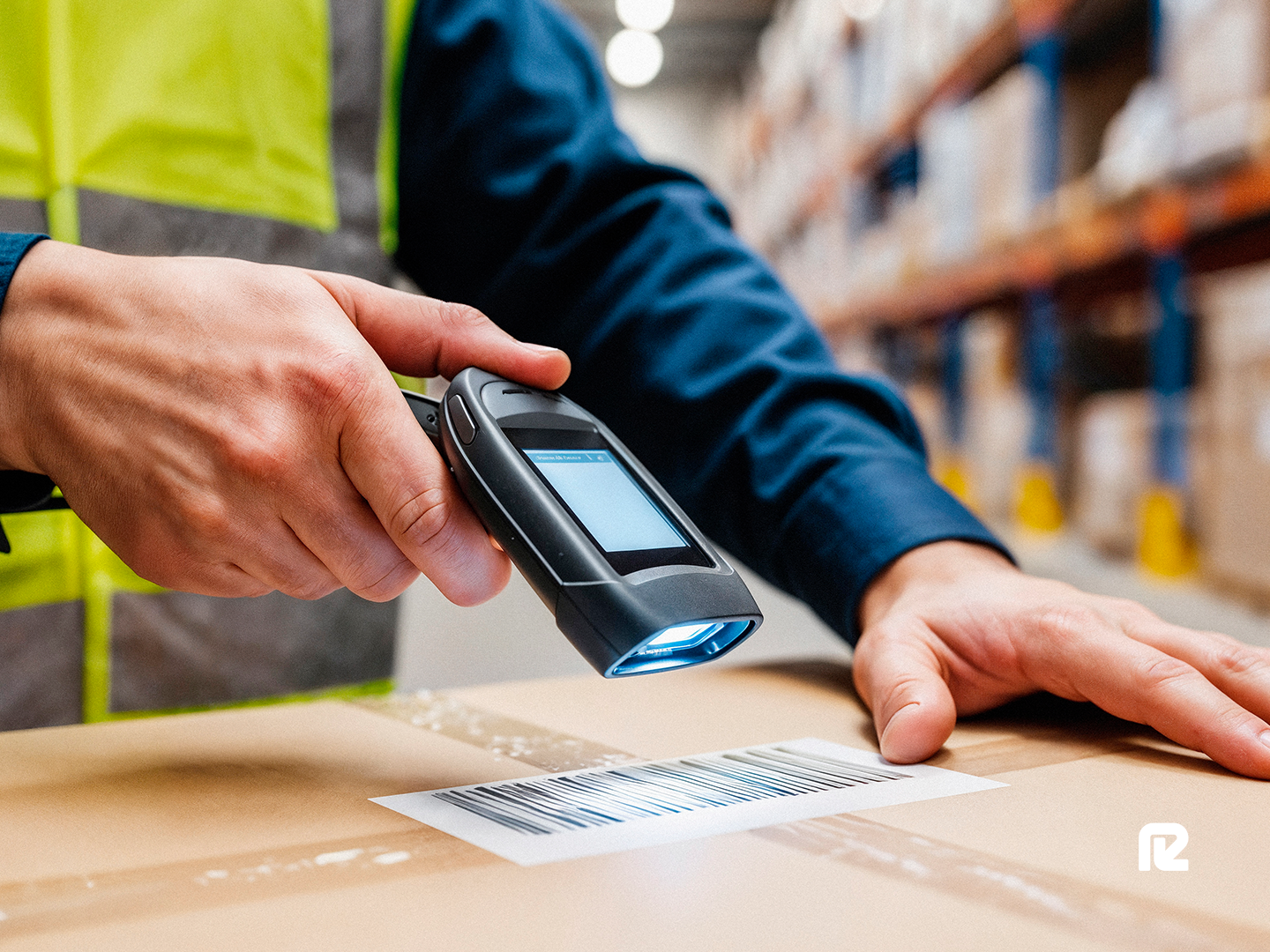The Shift Towards Green Supply Chains in Southern Africa


In a world where environmental concerns are now front and center, traditional supply chains with their hefty carbon footprints are being reworked. Across Southern Africa, are waking up to a new reality—sustainable practices aren't just good for the planet; they're becoming essential for staying competitive and compliant with evolving regulations.
Let's dive into how the region's logistics landscape is changing and what innovative strategies companies are adopting.
Why Green Supply Chains Matter in Southern Africa
Throughout Southern Africa, logistics operations face challenges, including a heavy reliance on fossil fuels for long-distance transportation and ongoing deforestation efforts. This, along with more frequent weather events and prolonged droughts, is encouraging companies to rethink their supply chain resilience and adaptability.
Beyond environmental concerns, there's also mounting regulatory pressure. The European Union's Carbon Border Adjustment Mechanism (CBAM) is an example of how international trade policies have been evolving to penalize carbon-intensive exports, which means adapting to stricter environmental standards to avoid potential tariffs.
Forward-thinking companies are investing in green logistics to future-proof their operations, reducing their environmental impact while benefiting from a competitive advantage.
Key Strategies for Sustainable Supply Chains
Businesses, governments, and logistics providers are working to build sustainable supply chains across Southern Africa by taking several steps:
Energy-Smart Warehousing
More and more businesses are currently tapping into green warehousing by installing and investing in projects like solar panels on roofs. Take Woolworths, who've put over R17.5 million into clean energy projects; their Cape Town distribution centers now harness solar power, cutting both costs and carbon emissions.
These investments do double duty in Southern Africa, a region with an unstable power supply. When the grid goes down, energy-smart warehouses are able to keep operating by using their solar power.
Smart warehouse placement also matters. When facilities sit near major transportation routes, goods travel shorter distances, burning less fuel along the way.
Below you can see download Logistics has strategically positioned warehouses:

Cleaner Transport Options
Logistics companies have begun to use low-emission alternatives to their transport solutions, such as electric vehicles (EVs), however, the limited charging infrastructure remains a key hurdle in Southern Africa. Rail transport, which has a smaller carbon footprint than road transport, is also being revived and invested heavily in some areas to improve efficiency and sustainability.
Stakeholders are looking into:
· Route Optimization: Logistics planning powered by AI allows businesses to save fuel by optimizing routes, and traveling along the most optimized roads.
· Fleet Modernization: Investing in more fuel-efficient trucks saves emissions and reduces operating expenses over the long term.
Streamlining the Supply Chain
By rethinking how goods flow from manufacturers to consumers, logistics companies are eliminating wasteful steps in their supply chain, as well as unnecessary transportation, affecting both environmental and financial benefits.
Leading practices include:
· Filling trucks instead of running half-empty vehicles.
· Designing more direct supply networks with fewer stops and transfers.
· Creating partnerships between suppliers and customers to coordinate planning, eliminating duplicated efforts like multiple quality checks.
Tech Efficiency
AI-driven planning systems can forecast demand more accurately, while Internet of Things(IoT) sensors provide real-time visibility into shipment conditions and locations. Predictive analytics also enables companies to plan better routes, cutting down on unnecessary transportation.
· Live tracking means fewer lost or damaged items, reducing the need for carbon-intensive replacements.
· Better inventory predictions help businesses avoid both shortages and surpluses.
Waste Reduction & Circular Economy
Lastly, stakeholders are more likely to use a circular economy with more companies' ways to reduce, reuse, and recycle throughout their supply chains:
· Reverse logistics: Creating systems to recover and repurpose used products and materials.
· Green packaging: Replacement of single-use plastics with biodegradable ones.
· Working Together: Finding creative ways for one company's waste to become another's raw material.
Roadblocks in Green Supply Chain Implementation
Although the benefits of green logistics are clear, businesses in Southern Africa face several challenges:
High Initial Investment
Going green often requires significant upfront investment. While larger corporations might have the capital to make these changes, smaller businesses frequently struggle to fund such transitions despite understanding their long-term benefits.
Technology Gaps
With limited charging points for EVs outside major cities, the implementation of green technology becomes complicated. This uneven infrastructure slows adoption rates considerably.
Policy Confusion
Despite pro-sustainability governments, inefficient enforcement and decentralized policy can lead to issues. When businesses can't count on stable incentives or clear targets, they hesitate to make major green investments.
How Reload Logistics Drives Efficiency
Our business practices contribute to reduced environmental impact through:
1. Efficient Freight and Route Optimization – Reload Logistics reduces fuel consumption and emissions by optimizing transportation routes and consolidating shipments.
2. Smart Network Design – We've carefully positioned our warehouses to minimize distances between key points, reducing fuel consumption and emissions with every delivery.
3. Streamlined Supply Planning – Our team's logistics expertise helps businesses eliminate unnecessary steps and movements throughout their supply chains.
4. Tech-Forward Approach – We leverage cutting-edge technology for better route planning and operational efficiency, helping clients use less fuel through smarter logistics management.
Looking Ahead: The Future of Green Logistics in Southern Africa
The green supply chain phenomenon is not slowing. Innovations discussed throughout will define future logistics, and stakeholders that invest in sustainability now will be positioned to reap the benefits from a tomorrow where green logistics is business as usual and not an exception.
Get in touch to talk about customized solutions that meet your sustainability goals.
Categories






